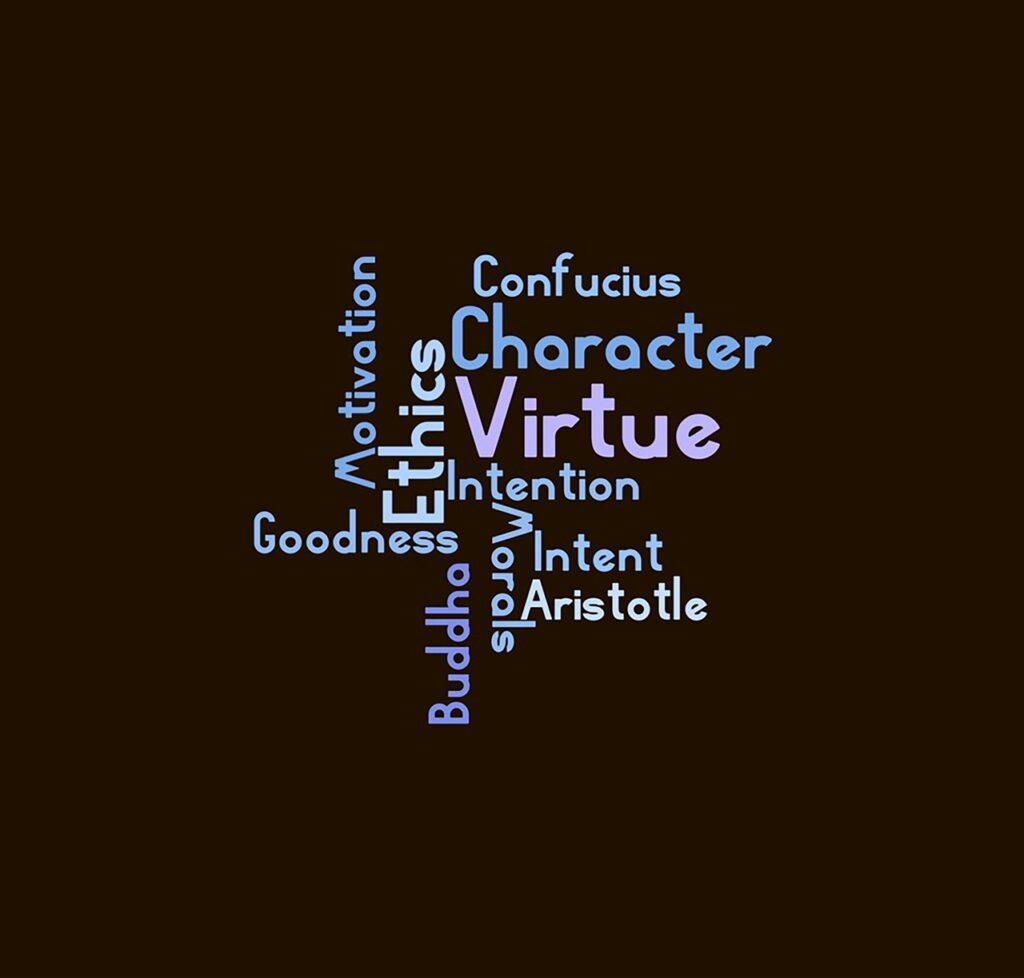Why Men Struggle with Morality and What It Takes to Build True Integrity
Why do so many men feel an invisible battle inside—knowing what’s right yet still acting against their own values? This quiet struggle with morality is more common than most admit, and understanding it is the first step toward real change. If you’ve ever felt torn between your intentions and your actions, this article will help you uncover the psychological, societal, and emotional forces behind that conflict and show you how to turn it into lasting moral growth in men. Drawing on insights from neuroscience, philosophy, and modern masculinity, this guide gives you the clarity, tools, and perspective to bridge the gap between who you are and who you aspire to be—so you can live with greater integrity, confidence, and purpose.
The Internal Conflict: Knowing vs. Doing
The central issue for many men isn’t a lack of understanding but a gap between knowing and doing—the real heart of the struggle with morality. You can understand what’s right yet still fall short when emotions take over. Research shows that this happens because of a disconnect between the brain’s rational center (the prefrontal cortex) and its emotional core (the amygdala), especially under stress or temptation, as explained in this neuroscience study on moral decision-making.
When the emotional brain overrides logic, moral shortcuts become easier to justify. Without regular self-reflection, this cycle continues, quietly shaping habits that clash with our values. Breaking it starts with awareness—a crucial step toward deeper self-control and lasting moral growth in men.
The Weight of Societal and Cultural Expectations
External pressures quietly shape much of why men struggle with morality. From childhood, many are taught that being “strong” means hiding feelings, competing hard, and chasing success—often at the cost of empathy and openness. These traditional masculine norms can make vulnerability feel like weakness and compassion seem secondary. Over time, a culture that celebrates status more than sincerity can turn small moral compromises into normal behavior.
Research on how social norms influence men’s emotional expression and mental well-being reveals how this pressure to appear invulnerable can block authentic connection and self-reflection. Without strong role models who embody integrity, many men lose sight of what real strength looks like. Reclaiming that balance—valuing honesty and empathy alongside ambition—is key to meaningful moral growth in men and to redefining masculinity in healthier, more human terms.
The Erosion of Traditional Moral Frameworks
In the past, religious and community institutions gave people a clear moral compass to follow. Today, in a more individualistic and fast-changing world, many of those shared frameworks have faded. While this freedom allows personal choice, it also leaves many men searching for direction, unsure of what truly guides their actions.
Take for example a young professional who once relied on his faith community for moral grounding—after stepping away, he finds himself justifying small ethical compromises at work because “everyone does it.” Without consistent reflection or guidance, it’s easy to blur the lines between convenience and integrity. Building personal values from scratch is no small task, but doing so is essential for lasting moral growth in men, helping them act from principle even when no one is watching.
Building a Personal Framework for Ethical Living
Overcoming the struggle with morality isn’t about being perfect—it’s about learning to pause, reflect, and choose better each day. It starts with self-awareness practices like journaling or mindfulness, which help you slow down and think before reacting. Surround yourself with people who value honesty—friends, mentors, or groups who will call you out with love and help you stay true to your values.
Reading wisdom from philosophy or modern psychology can also open your mind to new ways of living with integrity. Real moral growth in men happens through these small, consistent steps—each honest choice strengthening your character and bringing your actions closer to the person you truly want to be.

Frequently Asked Questions (FAQ)
What does it mean to struggle with morality?
To struggle with morality means to experience a consistent gap between your understanding of what is right and your ability to act on that understanding in daily life. It involves internal conflict, often characterized by guilt, rationalization, or a feeling of being torn between principles and pressures.
Is this struggle unique to men?
While the core experience of ethical conflict is universal, the specific reasons why we struggle with morality can be unique. Societal expectations around masculinity—such as the pressure to be dominant, suppress emotions, and achieve material success—can create distinct pressures that make certain moral compromises feel more permissible or even expected.
How can someone stop struggling with morality?
Moving beyond this struggle is a process, not a single event. Key steps include: increasing self-awareness through reflection, defining your core values clearly, seeking accountable relationships, and practicing small, consistent acts of integrity to build “moral muscle.” It’s about progress, not perfection.
What’s the first step to building better morals?
The most critical first step is honest self-auditing. At the end of each day, ask yourself reflective questions: “When did I act in alignment with my values today? When did I compromise? What was the trigger for that compromise?” This practice builds the self-awareness necessary for lasting change.
Conclusion: The Path from Struggle to Strength
The question of why men struggle with morality reveals a multifaceted journey into psychology, society, and the self. It is not a life sentence but a common human experience that can be navigated with intention and effort. By understanding the internal and external forces at play, we can begin to close the gap between our values and actions. The goal is to transform the struggle into a practice—a daily commitment to self-awareness, community, and growth. This path leads away from conflict and toward a more integrated, purposeful life where integrity becomes the default, not the exception. Explore more on our blog on mindful living and spirituality.

amazing content on morality! be blessed.
Thankyou will share more with you.